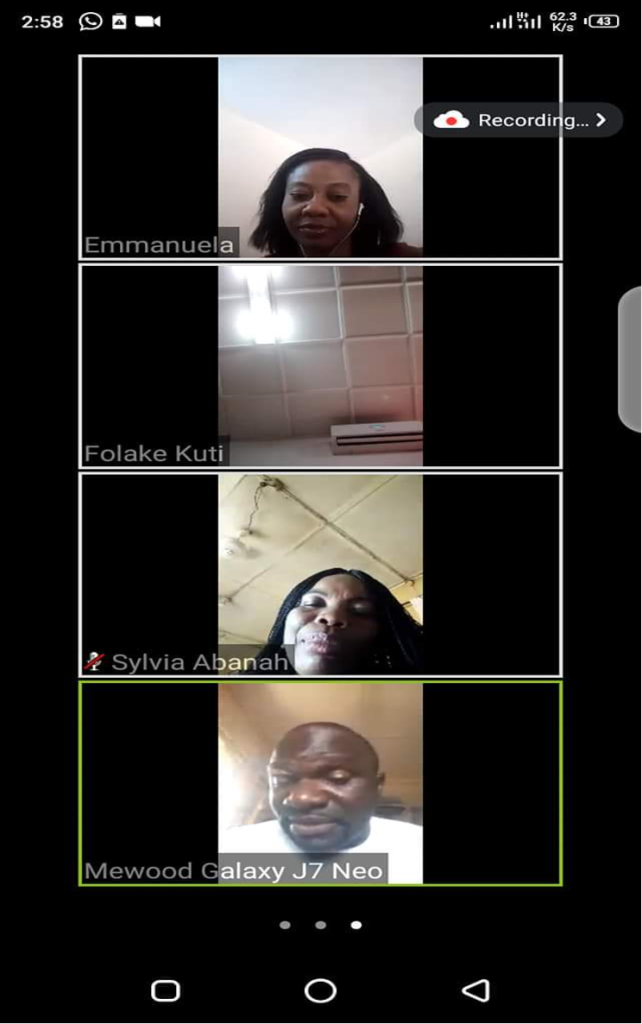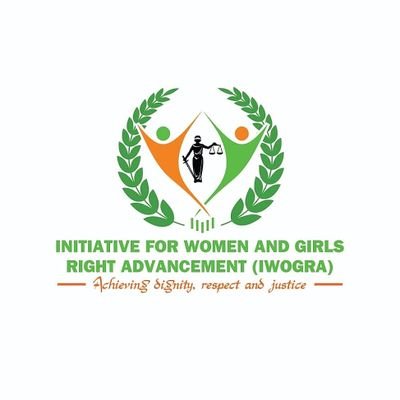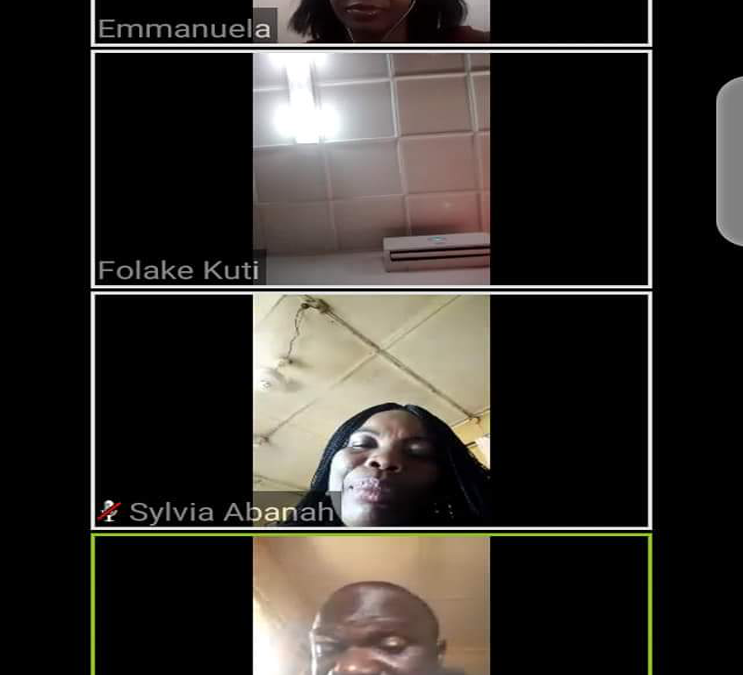REPORT OF THE WEBINAR HELD ON 23RD JUNE 2020 BEING THE INTERNATIONAL WIDOWS’ DAY

Introduction
The meeting was organized by the INITIATIVE FOR WOMEN AND GIRLS RIGHT ADVANCEMENT (IWOGRA) a non-governmental, non-profit women and girls’ right organization that works towards the promotion and protection of human rights, equity and social justice in Nigeria.
The meeting started at 02:00pm with the introduction of the panelists by the Moderator of the session, Emmanuela Azu, CEO Incubator Africa. She gave a brief profile of the panelists. According to her, Folake Kuti, one of the panelists, is the Health Financing and Advocacy Specialist with Save the Children International. She is a gender and child protection expert, community mobiliser and policy analyst with years of experience in women’s human right advocacy at different levels in Nigeria. The second panelist, Sylvia Abanah is the Chairperson, International Federation of Women Lawyers (FIDA), Enugu branch. She is a lawyer, human right advocate and a public speaker.
Thereafter, the Welcome Address was delivered by Maryanne Nkechi Obiagbaoso-Udegbunam, the Founder, Initiative for Women and Girls Right Advancement (IWOGRA) who stated that this 2020 International Widows’ Day Webinar was organized for the purpose of celebrating our widows and bringing their concerns to the front burner of interventions being made for women. According to her, the overall situation of widows in Nigeria has been overlooked over the years. Women in Nigeria are faced with series of violence in the society, one of which is the violence faced by widows after the death of their husbands. Widows are subjected to all sorts of dehumanizing and degrading treatments that is not limited to having their hairs shaved, made to stay in isolation for a period of time, made to drink the water used in cleaning their late husbands’ decomposed body, inherited by any of their late husbands’ brothers as if they were a property subject to being transferred and denied property and inheritance rights. To salvage the situation, laws are being put in place both at the state and federal level for the protection of widows against violence and maltreatment. However, the questions that come to mind are: are these laws adequate? Are people aware of the provisions of these laws? Has the laws changed the overall situation of widows in Nigeria? If the answers to the questions are in the negative, then there is an urgent need for a broad set of strategies that will ensure the full realization and recognition of widows’ right in Nigeria.
Hence, we believe that through this webinar on this special occasion of the International Widows’ Day, we will have a greatopportunity to review the present situation of our widows and develop strategies for the full protection and recognition of widows in Nigeria as different groups and individuals start to push for an end to the discrimination, violence and maltreatment faced by our widows. Thank you and I wish all of us a very productive meeting.
The Panel session
The session started with the panelists giving the overall situation of widows in Nigeria. According to Folake Kuti, widowhood practices in western Nigeria are dehumanizing. Women who are already going through a lot of traumas and agony resulting from the death of their husbands are still subjected to widowhood practices that have both health and emotional implications. These practices are not carried out on widowers when they loss their husbands. Unfortunately, the laws protecting widows in Nigeria are not well publicized, therefore the knowledge of the law is in the decline most especially in communities. She added that laws prohibiting widowhood practices have been passed both at the state and federal level. These laws were enacted to protect widows. The Violence Against Persons Prohibition Act prohibits widowhood practices and makes it an offence to subject any woman to such practices. Unfortunately, many CSOs, lawyers and the general public are not aware of the VAPP Act.
On the legal perspective to widows’ right in Nigeria, Sylvia Abanah said the existing laws are adequate to address widowhood practices. Nigeria needs to domesticate international human right laws that prohibit violence against women.
According to Folake Kuti, there is disconnect between the realities of the law and culture. The legislature passes laws without strategies being put in place for sensitizing those in communities where these practices are carried out.
Recommendations
- There is need to bring to fore what women are going through in the name of traditional practices that de-dignify women.
- Government should take drastic actions against widowhood practices otherwise many women and young girls who are widowed will continue to be subjected to these barbaric customs.
- The fundamental rights of widows should not be denied of them simply because they have lost their husbands. The fundamental rights are intrinsic to every human being irrespective of gender. The rights of women are not attached to men therefore, women’s fundamental rights should not be denied of them upon the death of their husbands.
- There is a need to mobilize the communities, traditional rulers, community leaders and religious leaders and sensitize them on the implications of widowhood practices which in reality is violence against women and punishable under the law. Public awareness campaigns about existing laws should be done to intimate the general public.
- CSOs should see it as an opportunity to intensify their actions. CSOs need to do more work especially at the community level.
- There is a need to prosecute and convict those who maltreat widows so as to serve as a deterrent to others who feel widowhood practices is the way to go.
- People should be encouraged to write their Wills in order to prevent their wives and daughters from being denied their inheritance right under discriminating laws and customs. A strong sensitization should be done to change the perception of people to accept that writing a Will does not mean one will die earlier than destined.
Media Publications
The media publications from this webinar can be accessed at:
https://m.guardian.ng/news/group-seek-to-end-discrimination-maltreatment-meted-on-widows/

